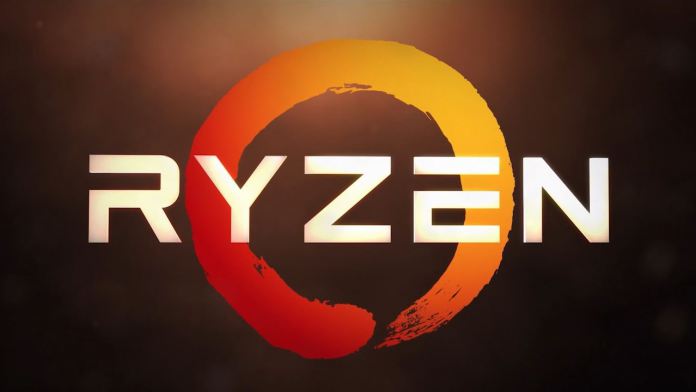Back last month, chip giant AMD sent out a driver update for its Ryzen chips on Windows 11 and Windows 10. The focus of the update was to optimize the performance of its CPUs (specifically the new 7000X3D series) on Microsoft’s platform. Following that upgrade, AMD is now turning its attention to Linux.
While the 7950X3D game-changing Intel i9-13900K-killer it was benchmarking as before release, it does exceed the performance of Intel’s chip. However, because of the way it was designed, the AMD Ryzen processor requires the optimizations the company is rolling out.
Moving on from Windows, AMD is now bringing its Collaborative Processor Performance Control (CPPC) Pstate (performance state) boost to Linux distros.
AMD CPPC is available on the Linux kernel in two versions, Active and Passive. Active means the feature works automatically, while Passive means it is non-autonomous. However, AMD is now adding its Guided mode to Ryzen CPUs, which is a combination of Active and Passive modes that can provide better performance.
In its patch notes, AMD provides the following explanation:
“- In autonomous mode, platform ignores the desired performance level request and takes into account only the values set to the minimum, maximum and energy performance preference registers.
– In non-autonomous mode, platform gets desired performance level from OS directly through Desired Performance Register.
– In guided-autonomous mode, platform sets operating performance level autonomously according to the current workload and within the limits set by OS through min and max performance registers.”
Chromium Bias
In other AMD news, I reported earlier that Russian software giant Yandex claims AMD is favoring Microsoft Edge and Google Chrome when delivering Windows driver updates.
In a blog post, the software company says AMD sends out graphics drivers to Chromium browsers (Chrome and Edge) that crash less than drivers sent to non-Chromium browsers.
Tip of the day: Having problems with pop-ups and unwanted programs in Windows? Try the hidden adware blocker of Windows Defender. We show you how to turn it on in just a few steps.






